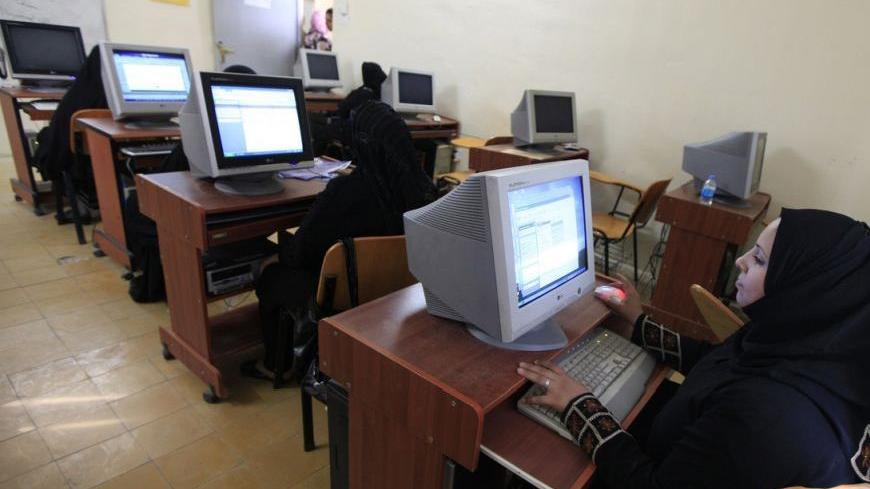Brain drain, the emigration of a country’s most skilled and educated individuals, usually to a more developed country, has afflicted the Middle East for decades. The region’s most talented individuals have fled wars, repressive dictatorships and a lack of higher education opportunities for work and education opportunities in the West.
Now there is a reverse trend, spurred by a flat job market and low economic growth in the West, and the rise of opportunities in the Internet technology and other sectors in the region.



